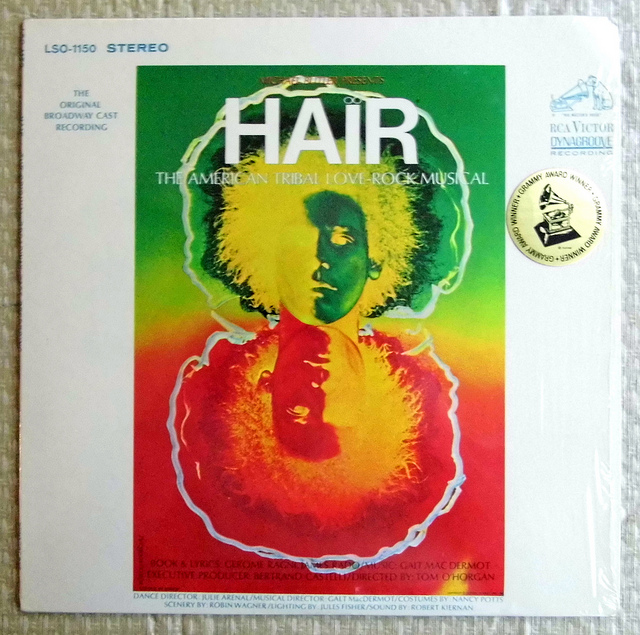The rock musical Hair, which opened on Broadway in 1968, after premiering off Broadway the previous year, was a harbinger of the changes taking place in American culture. The production included nudity, obscene language, and attacks on the Vietnam War. The First Amendment issues that it raised sent two cases to the Supreme Court.
Hair led to First Amendment censorship cases
The Broadway success of Hair, which won the 1969 Tony awards for best musical and best production of a musical, led to the creation of other companies to perform the show. A proposed 1970 Boston production led to a battle over censorship when the official city censor raised concerns that it might offend Bostonians. The Supreme Judicial Court of Massachusetts ruled that the production could proceed only if the actors were clothed and did not simulate sex. The producers of the play filed a lawsuit in federal district court, contending a violation of their First Amendment rights. The district court issued an injunction, prohibiting the district attorney from shutting down the musical. The district attorney appealed to the Supreme Court, which voted 4-4 in P.B.I.C., Inc. v. Byrne (1970) to deny a stay of this injunction.
City’s denial of venue violated First Amendment
A few years later Hair played a return engagement at the Supreme Court. In Southeastern Promotions, Ltd. v. Conrad (1975), the Court rejected the denial by a municipal board in Chattanooga, Tennessee, of the use of a city facility for a production of Hair. The Court’s opinion, written by Justice Harry A. Blackmun, found that the municipal rejection constituted an unconstitutional prior restraint.
This article was originally published in 2009. Howard Leib is an intellectual property and entertainment attorney, an educator and a consultant with his own practice in both New York City and Ithaca, NY. He offers a full range of legal services, with specialties in entertainment, corporate, trademark and copyright law, including litigation. Leib also teaches both Entertainment Law and Music Law at Cornell’s College of Law.

